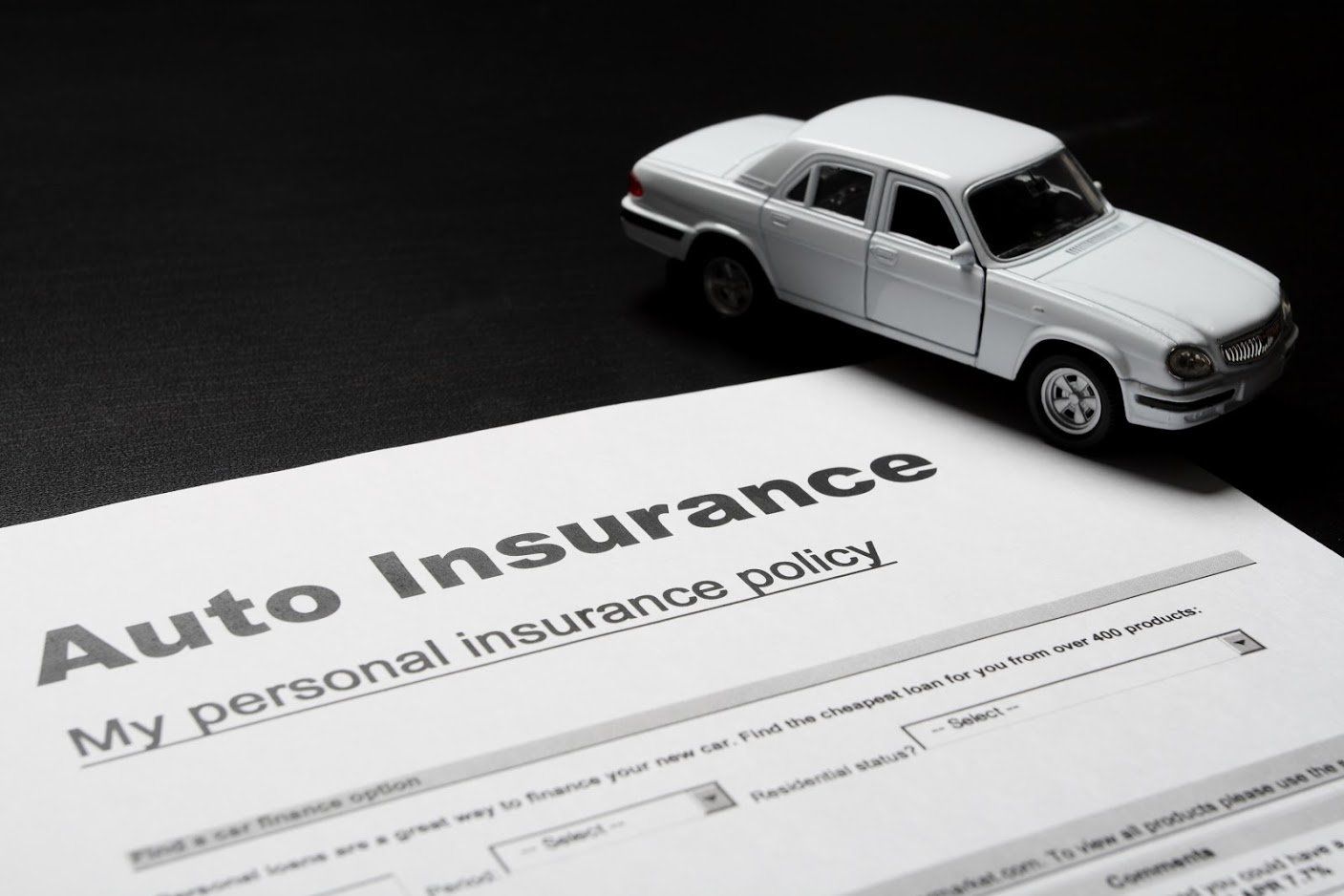a partner of
Beginning a Family? Consider These 3 Kinds of Insurance

Having your first child is a momentous event that brings many changes. Just as there are changes to your home life, schedule, and finances, there are also changes to your overall risk exposure. As a result, your insurance needs change. If you're beginning a family, make sure you consider these three key insurance coverages.
1. Life Insurance
Life insurance should be your first consideration, for this ensures the financial well-being of your loved ones in the event that you pass away unexpectedly. Regardless of whether you already have a life policy, you should review your coverage needs in light of your family's new addition.
If you don't yet have life insurance, now is the time to purchase a policy. Most people purchase enough coverage to replace their income and cover major childrearing expenses, such as college tuition. Make sure to get coverage for at least as long as you'll be financially responsible for your new child.
If you already have life insurance, now is a good time to reevaluate your coverage needs. You may find that your policy still provides enough protection, or you might want to increase protection. If you want more coverage, the easiest way to procure additional protection is usually by purchasing another policy.
Additionally, don't assume you can forgo life insurance if you aren't working outside the home. Stay-at-home parents provide economic value to their families. Calculate how much childcare, food prep, and cleaning would cost in the event of your passing, and look for a policy that could cover those expenses.
2. Auto Insurance
While many people believe that auto insurance simply helps with paying for damages to your car or others’ after an accident, this coverage also helps your family, especially if you heavily rely on one car for transportation.
First, without auto insurance in the first place, you would have to pay for any damage or injuries in case of an auto accident or other incident. While an auto insurance policy often includes an upfront deducible, the insurance often covers most, if not all, of the rest of expenses incurred. Having that protection helps protect your family’s budget.
Additionally, if a car accident totals your car, then the right coverage can provide the means for a new car of equal value as your previous car. That way, you won’t have to worry about spending a lot of money on a new car. That protects both your budget and provides you with a means of transportation.
However, make sure you have the right amount of coverage for your family’s needs. While most states only require a minimum of liability coverage, additional protection might include collision or comprehensive coverage, as well as roadside assistance, towing, accident forgiveness, or rental reimbursement. All of these are able to protect your budget as well as help your family when in tough driving situations.
3. Mortgage Protection Insurance
Mortgage protection insurance is appropriate if you own your house and have an outstanding mortgage against it.
Mortgage protection insurance works much like a life insurance policy, except it's designed specifically for your mortgage. In the event that you pass away during the policy's coverage period, mortgage protection insurance pays off the remainder of your mortgage. The coverage period lasts until your mortgage is paid in full, and some policies also cover long-term disability.
Without other financial resources, this can become one of the most important insurance coverages you have if you pass away or become disabled. Not only does it provide financially for your family, but paying off your home mortgage has great emotional value too. The action ensures that your new family can stay in the home they love and cherish.
For help finding mortgage protection insurance and these other coverages, contact the experienced team at Harr & Associates Insurance, Inc.















